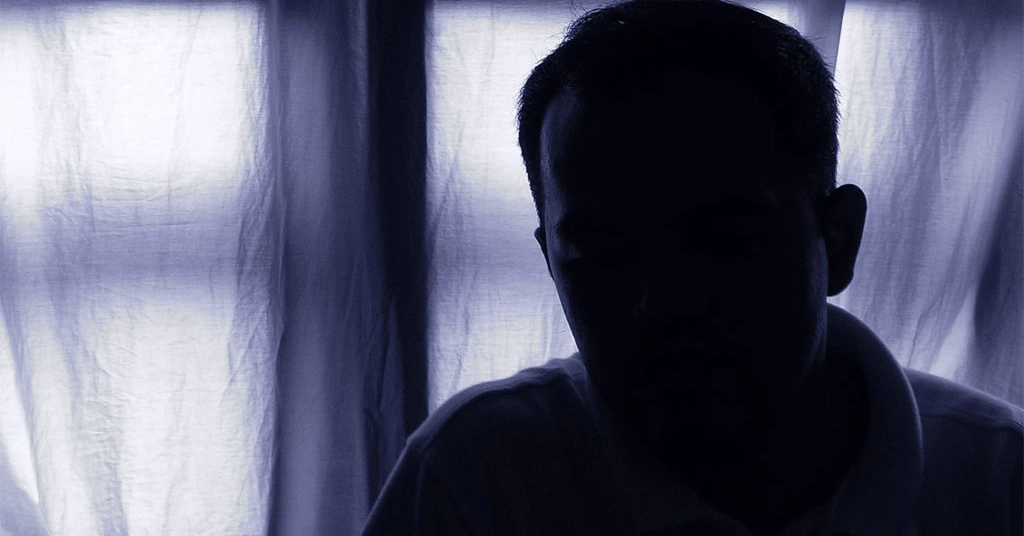It’s that time of year again. SAMU elections have just ended, and hopeful new executives look forward to a year of representing student interests. During the voting period, in response to our campuses being plastered with the smiling faces of each hopeful candidate, the griff team did what any respectable student publication would do: publish mocking comments of each electoral poster. It was all in good humor, of course. However, this year’s annual “poster roaster” was hijacked by a new Twitter account called @MacEwan_Roasts, which took the candidate roasting into its own hands.
The MacEwan Roast account posted anonymously, which not only prevented the writer (or writers) from claiming credit for the clever slams, but also freed them from accountability. Although the account’s tweets were lighthearted, operating under an anonymous account can be a slippery slope for anyone. I think that we can agree that anonymity online can lead to some very serious issues, which raises the question: Why remain anonymous online?
Aside from the obvious answer that cyberbullies and online predators would give, maintaining anonymity can allow for more freedom of expression — for better or for worse. For example, the griff, when writing its poster roaster, must consider the fact that anything published is associated with the university and reflects each person involved with the magazine. A student-run Twitter account does not have this kind of obligation when posting potentially insensitive comments online.
Different social platforms allow varying levels of anonymity and freedom, which is a major influence in a person’s decision to join. On Facebook, most people sign up with their full name (or people know you by your chosen name, at least). This fact doesn’t always deter people from posting a hateful video or a wildly ignorant status, but there is some accountability involved.
Platforms like Tumblr and Twitter allow complete anonymity, and this is where freedom of expression runs amok in the best (and worst) ways. If you’re feeling self-conscious about the number of cat videos you post on Facebook, Tumblr is always there to embrace your obsession with open arms. If you feel that your university’s magazine is not adequately, or in a timely fashion, slamming the posters of electoral candidates, Twitter will help you create a hilarious persona to remedy the problem. However, the choice to stay anonymous comes with the responsibility to be wary of falling into a negative pattern.
Anonymity online can spark ingenuity, humor, and kindness when used to express oneself in a positive way. It can be as easy as posting a supportive comment on a blog, uploading hilarious or inspiring videos, sharing the fan fiction you’ve been too nervous to post, donating to a cause, or even bringing students together with a Twitter account designed to poke little fun at each other during a stressful semester. Although there are many people who use anonymity to hide and spread hate, remaining anonymous can be liberating, as long as you stay kind online.
Photo by Kita Kitts, Flickr Creative Commons





0 Comments